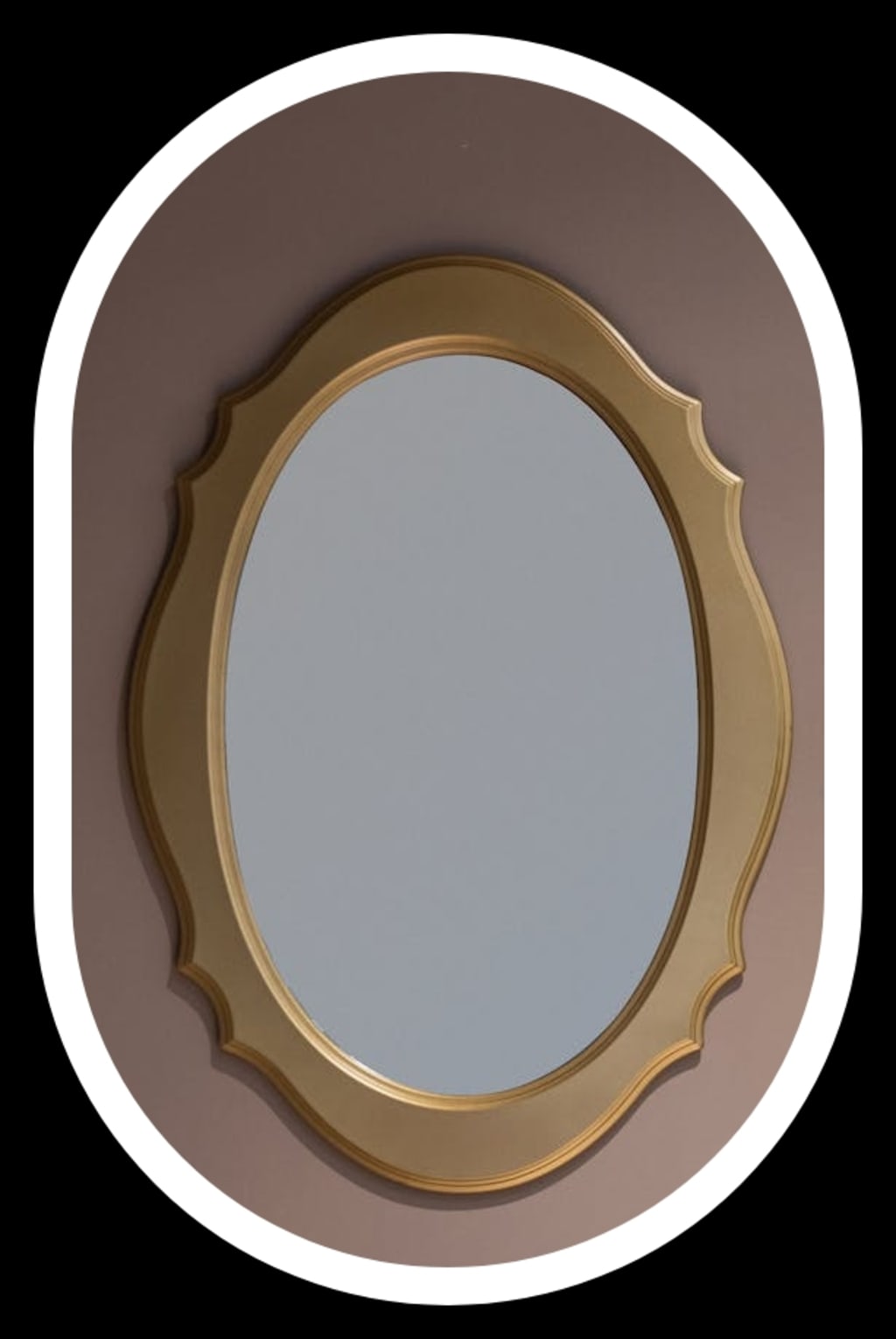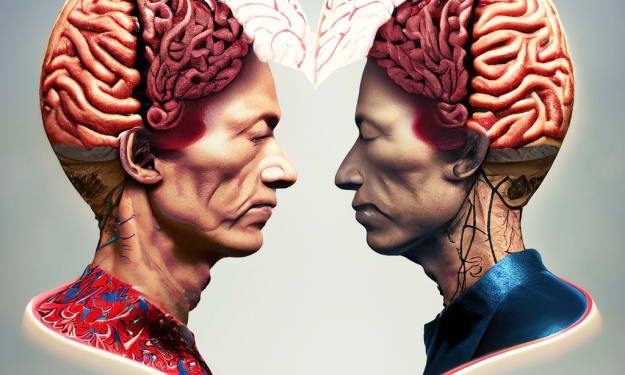The Power of the Mirror: Understanding its Impact on Self-Perception
- The Mirror as a Reflection of Self - Mirror Neurons and their Role in Self-Perception - Positive Affirmations and the Mirror - The Dark Side of the Mirror: Body Dysmorphia

Have you ever looked at yourself in the mirror and felt a rush of emotions - admiration, disappointment, or even disgust? The mirror has always been a tool for self-reflection, and it can have a powerful impact on how we perceive ourselves. In this article, we will explore the power of the mirror and its impact on self-perception.
The Mirror as a Reflection of Self
The mirror has been around for centuries, and it has always been used as a tool for self-reflection. When we look at ourselves in the mirror, we see a reflection of ourselves, which can either be positive or negative. If we are having a good day, we might admire ourselves and think we look great. On the other hand, if we are having a bad day, we might pick out flaws and criticize ourselves.
The mirror can be a powerful tool for self-reflection, and it can help us understand ourselves better. When we look at ourselves in the mirror, we can see our physical appearance, but we can also see our emotions and our thoughts. If we are feeling happy and confident, we might see a smile on our face and a twinkle in our eye. On the other hand, if we are feeling sad or anxious, we might see a frown on our face and a look of worry in our eyes.
Mirror Neurons and their Role in Self-Perception
Mirror neurons are a type of brain cell that are activated when we observe someone else performing an action. These neurons allow us to understand and mimic the actions of others, which is why they are called mirror neurons. Mirror neurons also play a role in self-perception because they allow us to see ourselves through the eyes of others.
For example, if we see someone else smiling, our mirror neurons are activated, and we might smile too. Similarly, if we see someone else frowning, we might feel sad or worried. Mirror neurons also play a role in how we perceive ourselves. If we see someone else admiring us or giving us compliments, our mirror neurons are activated, and we might feel good about ourselves. On the other hand, if we see someone else criticizing us or making negative comments, our mirror neurons are also activated, and we might feel bad about ourselves.
Positive Affirmations and the Mirror
Positive affirmations are statements that we repeat to ourselves to help us feel better about ourselves. When we look at ourselves in the mirror and repeat positive affirmations, we are creating a positive self-image. Positive affirmations can help us feel more confident, more positive, and more self-assured.
For example, if we look in the mirror and repeat the affirmation "I am beautiful," we might start to see ourselves in a more positive light. Similarly, if we repeat the affirmation "I am confident and capable," we might start to feel more self-assured and confident. Positive affirmations can be a powerful tool for improving self-perception and building self-esteem.
The Dark Side of the Mirror: Body Dysmorphia
While the mirror can be a powerful tool for self-reflection and self-improvement, it can also have a dark side. Body dysmorphia is a condition where a person becomes obsessed with perceived flaws in their appearance. This obsession can be triggered by looking in the mirror and seeing perceived flaws that others might not even notice.
For example, a person with body dysmorphia might look in the mirror and see a nose that is too big or a chin that is too.
CONCLUSION
Mirror may seem like a simple object, but its impact on our self-perception can be significant. By understanding how the mirror can affect our body image and self-talk, we can use it as a tool for self-love and acceptance rather than self-criticism. Let us remember that the true beauty lies within us, and the mirror is merely a reflection of our outer appearance
About the Creator
Kumar babu
My self kumar. my hoppies, passion, interest about articles writing.





Comments
There are no comments for this story
Be the first to respond and start the conversation.